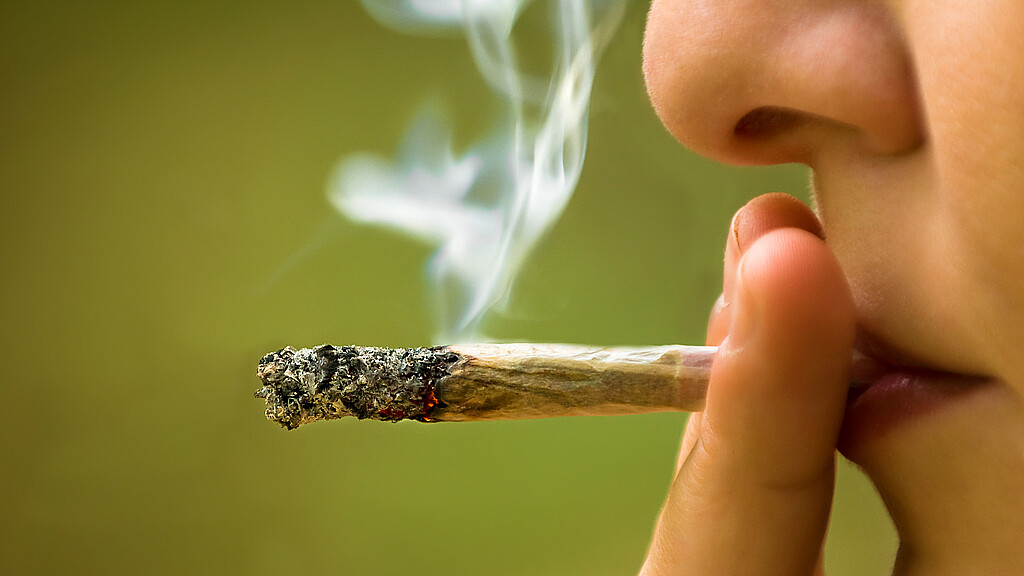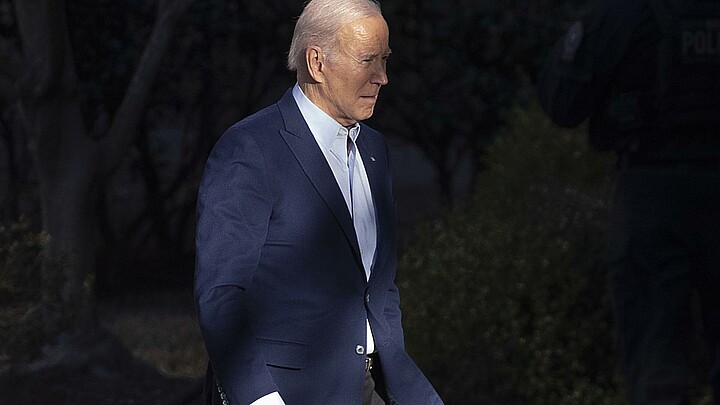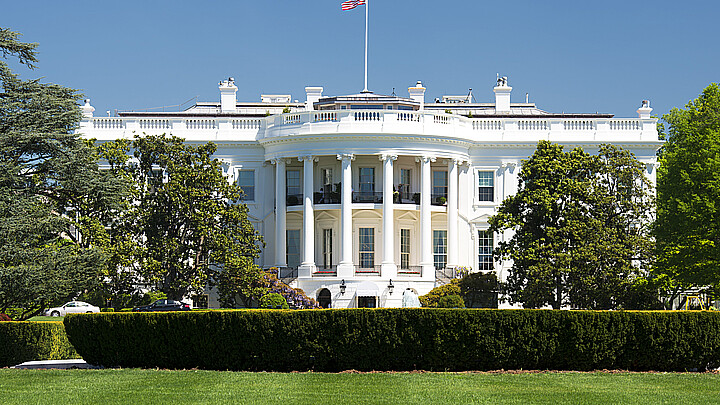Health
Democrats support DEA plan to downgrade marijuana to Schedule III drug, as some Republicans raise concerns
According to recent reports, the Drug Enforcement Administration (DEA) plans to reclassify marijuana, recognizing its medical uses and reducing its risk categorization

May 1, 2024 9:12am
Updated: May 1, 2024 9:20am
According to recent reports, the Drug Enforcement Administration (DEA) plans to reclassify marijuana as part of a Biden administration objective to recognize its medical uses and reducing its risk categorization, according to a statement released by the U.S. Justice Department.
“Today, [Attorney General Merrick Garland] circulated a proposal to reclassify marijuana from Schedule I to Schedule III,” Xochitl Hinojosa, the Justice Department’s director of public affairs said in a statement. “Once published by the Federal Register, it will initiate a formal rulemaking process as prescribed by Congress in the Controlled Substances Act.”
The formal rulemaking process will most likely take several months since it includes a period of time when the public has a right to make comments and weigh in on the proposal.
This measure, which was originally recommended by the federal Health and Human Services Department must still be reviewed by the White House Office of Management and Budget, would represent an unprecedented break in the way the country approaches the controversial issue of marijuana. If consolidated, the Biden administration would take a bold step in easing federal restrictions on cannabis, opening a new path in the treatment of this substance.
The DEA proposal would not only illuminate some of the medical uses of cannabis and insist that it has a lower potential for abuse compared to some of the country's most dangerous drugs.
Consequently, marijuana would be removed from its current classification as a Schedule I drug, where it is found along with substances such as heroin and LSD, to be relocated to Schedule III, where ketamine and some anabolic steroids are found.
This change, driven by a recommendation from the federal Department of Health and Human Services, does not imply a complete legalization of marijuana for recreational use. However, it represents a significant step towards a perspective based on supposed scientific evidence on the consumption and regulation of this substance.
The proposal comes after President Biden called for a review of federal marijuana law in October 2022 and took steps to pardon thousands of Americans federally convicted of simple possession of the drug.
Senate Majority Leader Charles E. Schumer praised the proposed downgrade, saying in a statement he would work to help remove cannabis businesses completely from the federal drug schedule.
“It is great news that [the] DEA is finally recognizing that restrictive and draconian cannabis laws need to change to catch up to what science and the majority of Americans have said loud and clear,” the New York based senator said in a statement released by his office.
President Biden has also urged state governors and local municipal leaders to follow his lead and expunge convictions for marijuana possession, recognizing the negative impact these convictions have had on the employment, housing, and educational opportunities of numerous citizens.
“As I often said during my campaign for [resident, no one should be in jail just for using or possessing marijuana,” Biden declared in a December statement released by the White House.
“Sending people to prison for possessing marijuana has upended too many lives and incarcerated people for conduct that many states no longer prohibit. Criminal records for marijuana possession have also imposed needless barriers to employment, housing, and educational opportunities. And while white and Black and brown people use marijuana at similar rates, Black and brown people have been arrested, prosecuted, and convicted at disproportionate rates.”
While some Democrats advocate for a complete removal of marijuana from the list of controlled substances, proposing its regulation in a similar manner to alcohol, some Republicans argued that reclassification is unnecessary and could lead to harmful side effects,
Sen. Elizabeth Warren wrote on social media that she was relieved the federal government would for the first time “no longer treat marijuana the same as heroin.”
She said the move was actually making American history.
“It’s a big deal,” she wrote on Facebook and X. “I fought hard for this common sense and historic step,” Warren said. “We need to fully legalize marijuana and begin to repair the harms of an unjust war on drugs.”
Another Democrat from Pennsylvania, Congressman Chris Deluzio tweeted, “About time: treating marijuana the same as heroin never made any sort of sense.”
Despite the Democrats’ optimism about normalizing the drug, some Republicans expressed skepticism about the Biden administration’s reasoning.
Rep. Andy Harris of Maryland called marijuana “a dangerous mistake” for the United States government to downgrade the restrictions “on an addictive gateway drug like marijuana,” and said the science backs up his concerns.
“Numerous studies, including a recent and reputable study published by JAMA, points to the negative impact recreational marijuana has on the body and brain. If the Biden administration follows through with rescheduling, this decision will be anti-science and harmful to public health and safety.”









